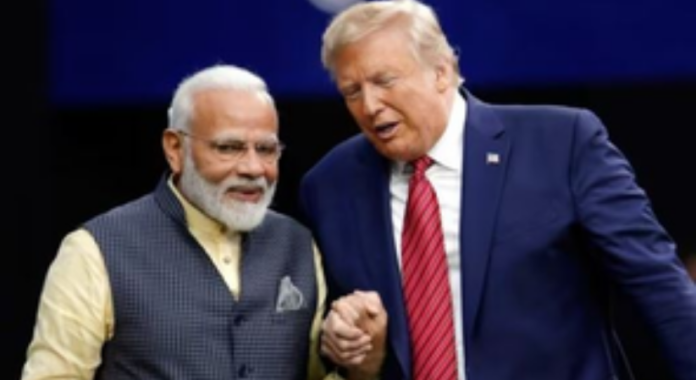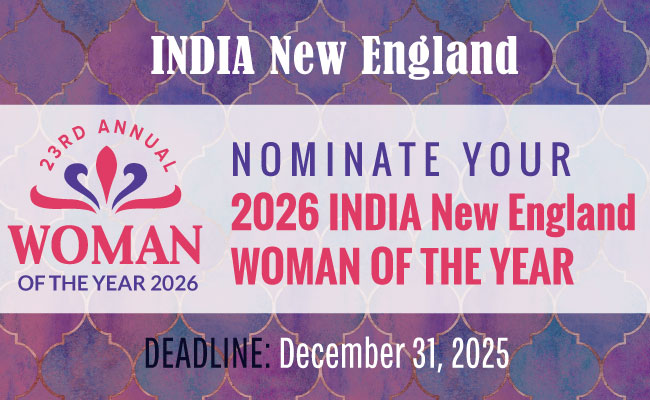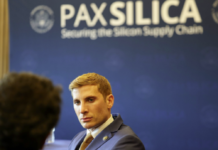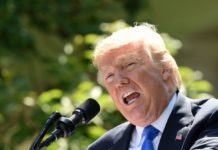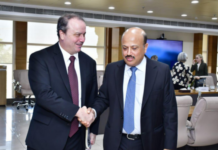WASHINGTON– U.S. President Donald Trump’s recent actions threaten to unravel more than two decades of bipartisan efforts to strengthen India-U.S. relations, according to a report by the Carnegie Endowment for International Peace. The think tank warned that his moves could undo the progress made since the early 2000s, including gains during his own first term.
In recent weeks, Trump has threatened to sharply increase tariffs on India — on top of those already imposed — over New Delhi’s purchases of Russian oil. In a post on his Truth Social platform, he accused India of “buying massive amounts of Russian oil” and reselling it “on the open market for big profits,” claiming the country “doesn’t care how many people in Ukraine are being killed by the Russian war machine.”
“Because of this, I will be substantially raising the tariff paid by India to the USA,” Trump wrote.
The Carnegie report, authored by Evan Feigenbaum, said such actions will be seen in India as “blunt coercion, gross interference in Indian foreign policy, impractical given India’s oil import needs, and a cynical effort to ‘blame India’ for the West’s — and Trump’s own — failure to get Moscow to end its war in Ukraine.”
Trump has also threatened additional tariffs on India for participating in the BRICS grouping with Brazil, China, Russia, South Africa, and others. Analysts see this as another example of coercion.
The president has criticized U.S. companies manufacturing in India, urging them to invest domestically or face penalties — a stance that highlights the clash between Trump’s “America First” agenda and Prime Minister Narendra Modi’s “Make in India” vision.
Concerns in New Delhi deepened after Trump met with Pakistan’s Army Chief General Asim Munir at the White House, weeks after a terrorist attack in Jammu and Kashmir killed 26 civilians in Pahalgam. The two sides also agreed to jointly explore Pakistan’s oil reserves. Carnegie noted that Trump’s “fulsome praise for Islamabad” so soon after the attack has amplified Indian fears, particularly given heightened tensions between India and Pakistan.
The report also pointed to a growing U.S. “technonationalism” under Trump, marked by skepticism toward technology sharing with foreign partners. Some in his circle advocate keeping American technology at home while cutting back on exports and co-innovation.
For the first time in two decades, Trump’s rhetoric and actions have made ties with Washington a contentious domestic political issue in India. Opposition parties, media outlets, and the public have urged New Delhi not to appear weak in response to his threats.
Key flashpoints — including H-1B visas for tech workers, offshoring by U.S. firms, immigration policy, and technology cooperation — remain deeply partisan issues in American politics. Carnegie warned that this partisan divide, now spilling into bilateral relations, could derail the stability and cooperation built over the past 20 years. (Source: IANS)


